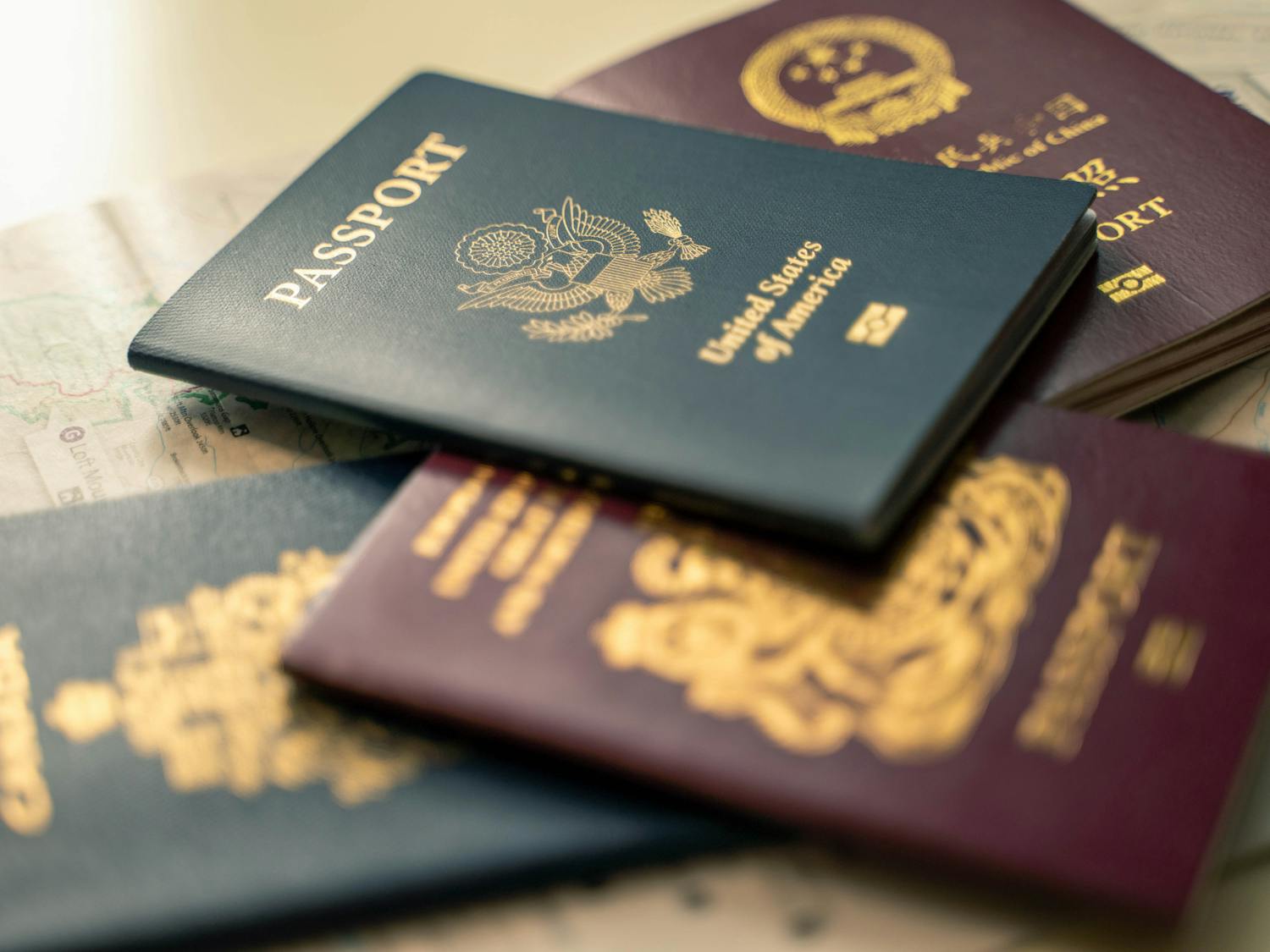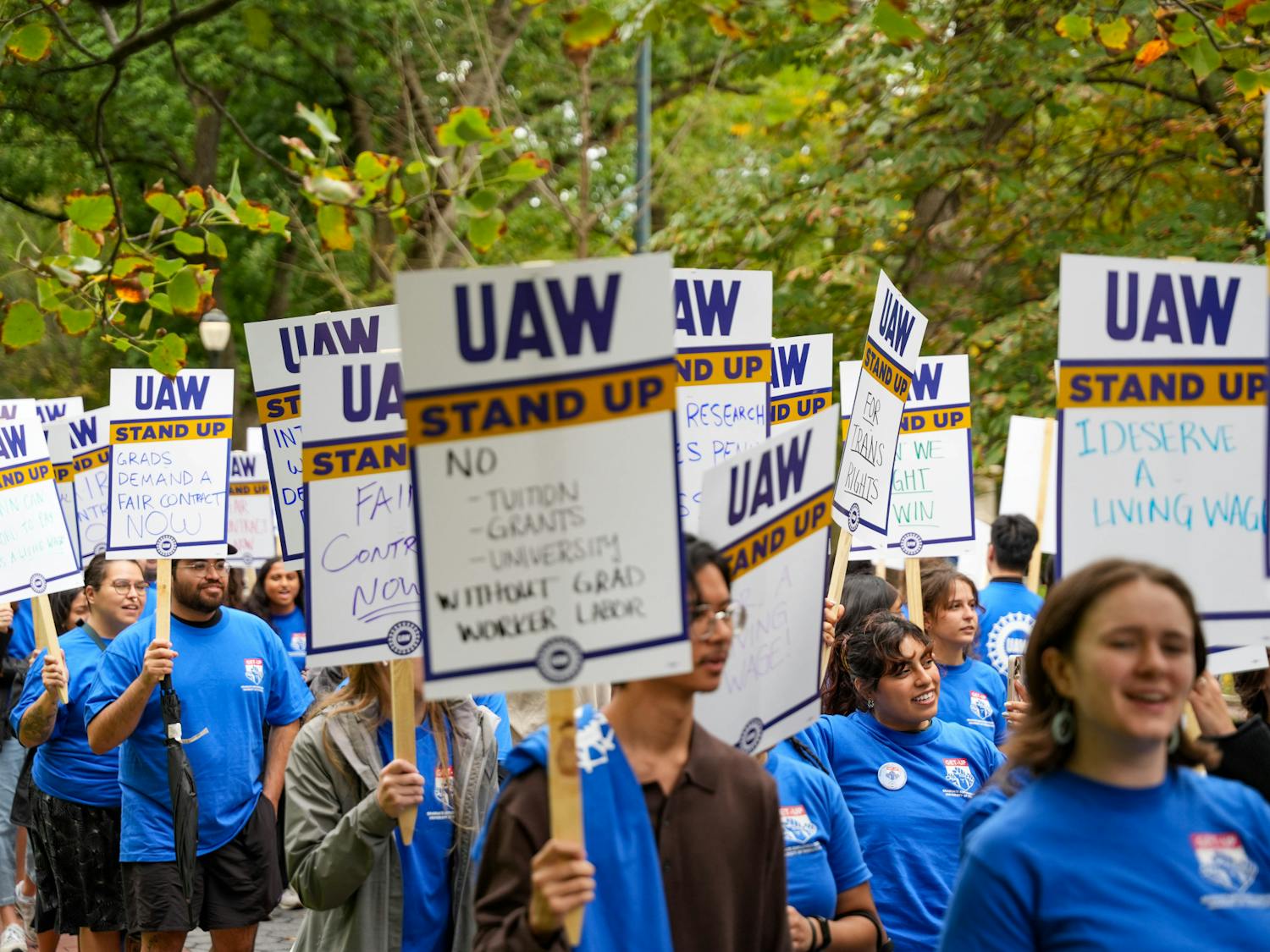A two-judge panel for the U.S. Court of Appeals for the First Circuit ruled on Thursday that Harvard University’s admissions process does not illegally discriminate against Asian Americans.
The decision from Judges Jeffrey Howard and Sandra Lynch was the second legal win for Harvard in an affirmative-action related case. The court upheld the 2019 federal court decision that Harvard’s admissions process does not discriminate against Asian Americans.
Students for Fair Admissions, a group that opposes the use of race in the admissions process, sued Harvard in 2014, The Washington Post reported. The case went to trial in 2018 after experts analyzed Harvard admissions data across several admissions cycles.
The plaintiff alleged that Harvard committed illegal “racial balancing” in its undergraduate classes by relying too heavily on race in making admissions decisions, the Post reported. The group also alleged that Harvard did not give enough consideration to “race-neutral” alternatives, and intentionally discriminated against Asian Americans, which benefited applicants from other racial groups.
The judges’ decision on Thursday endorsed Harvard’s argument that racial diversity is integral to its educational mission. They also dismissed the plaintiff’s argument that Harvard relies too much on race in admissions decisions, the Post reported.
U.S. District Judge and 1988 Penn Law graduate Allison Burroughs ruled in 2019 that the University’s use of race in its admissions process in order to achieve diversity is consistent with Supreme Court precedent, the Post reported.
Harvard was supported by many other educational institutions in the suit, including Penn and the remaining schools in the Ivy League. Penn defended the use of race-conscious admissions processes in order to preserve diversity and equal opportunity.
In the six years since the lawsuit was first filed, the Supreme Court upheld in 2016 the use of race in admissions at the University of Texas at Austin within limits, the latest in a line of rulings dating back to the 1970s, the Post reported. Students for Fair Admissions is also challenging the use of race in admissions at the University of North Carolina at Chapel Hill.
RELATED:
Experts worry that Penn's test-optional application process will benefit wealthier students
Online visits and remote info sessions: admissions transitions to virtual programming
The decision comes a month after the Department of Justice sued Yale University over affirmative action policies, alleging racial discrimination. The Department of Justice also backed the case against Harvard.









